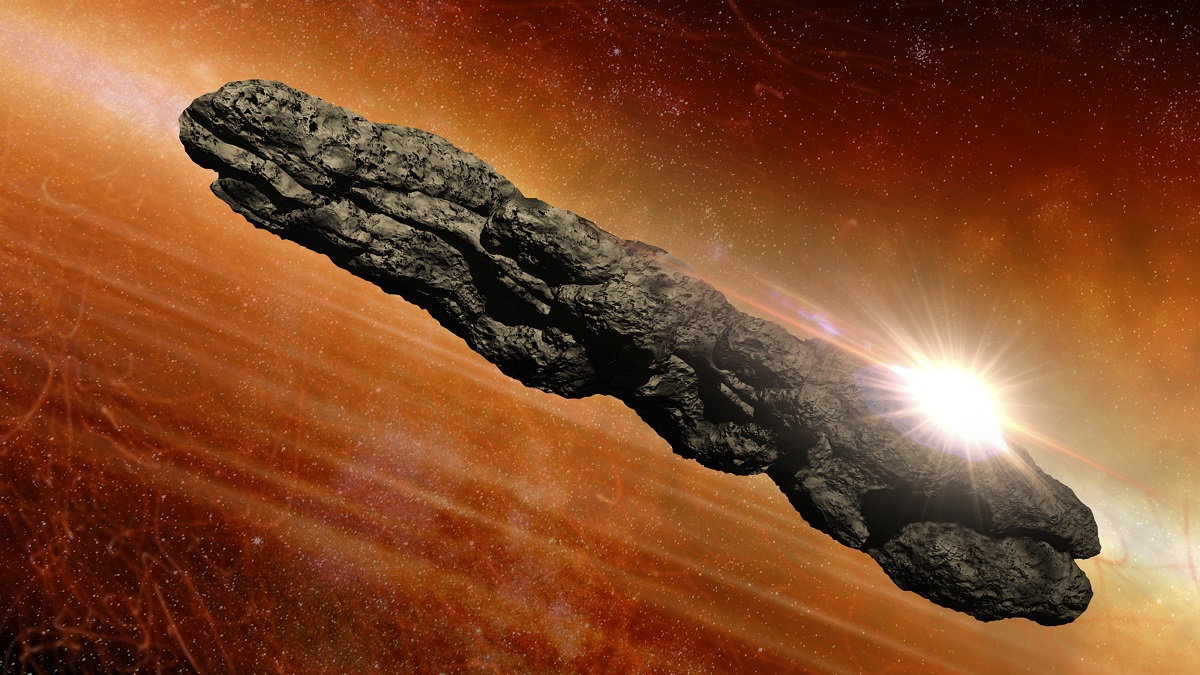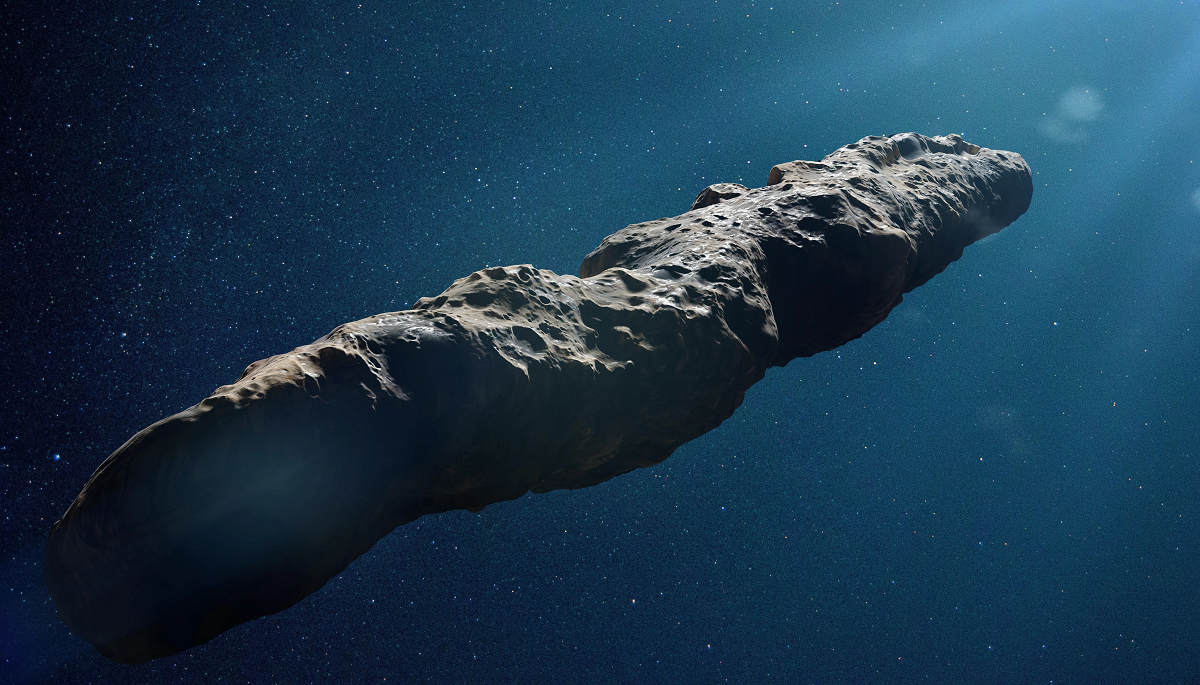Astronomers have solved the mystery of the 400-metre-long cigar-shaped interstellar guest 'Oumuamua, which swept through the solar system in 2017

In October 2017, an interstellar visitor called 'Oumuamua passed through the solar system. The official designation is 1I/2017 U1. Now, after more than 5 years, scientists have managed to solve its mystery.
Here's What We Know
Astronomers have been observing 'Oumuamua for four months using telescopes. In early 2018, the mysterious 400-metre-sized object disappeared. It is believed to have already left our star system.
'Oumuamua is a mysterious cigar-shaped object. As we noted, it is 400 metres long. It's 40 metres in diameter. Scientists don't know where it came from, but they can now say with certainty that 'Oumuamua is not an alien ship. And it came from another star system.

One of the interesting features of 1I/2017 U1 is that it managed to escape the Sun's gravitation and fly away from our star at high speeds without any problems. This is usually something that comets can boast of. Astronomers believe hydrogen is responsible for accelerating 'Oumuamua.
Scientists at the University of California, Berkeley, suggest the mystery guest is a rock. Its source could be planetesimals, the celestial body from which planets are formed. 'Oumuamua may have broken off in a collision with another massive object.
The heat from the Sun triggered the release of hydrogen gas, heating its molecules that were underneath the ice. This led to the acceleration of 1I/2017 U1 and its rapid escape from our stellar system.

Scientists originally thought 'Oumuamua was a comet or an asteroid. However, the interstellar visitor had no tail and was varying its flight speed. The first point is uncharacteristic for a comet and the second for an asteroid. Therefore, both assumptions had to be discarded.
Source: Science Alert